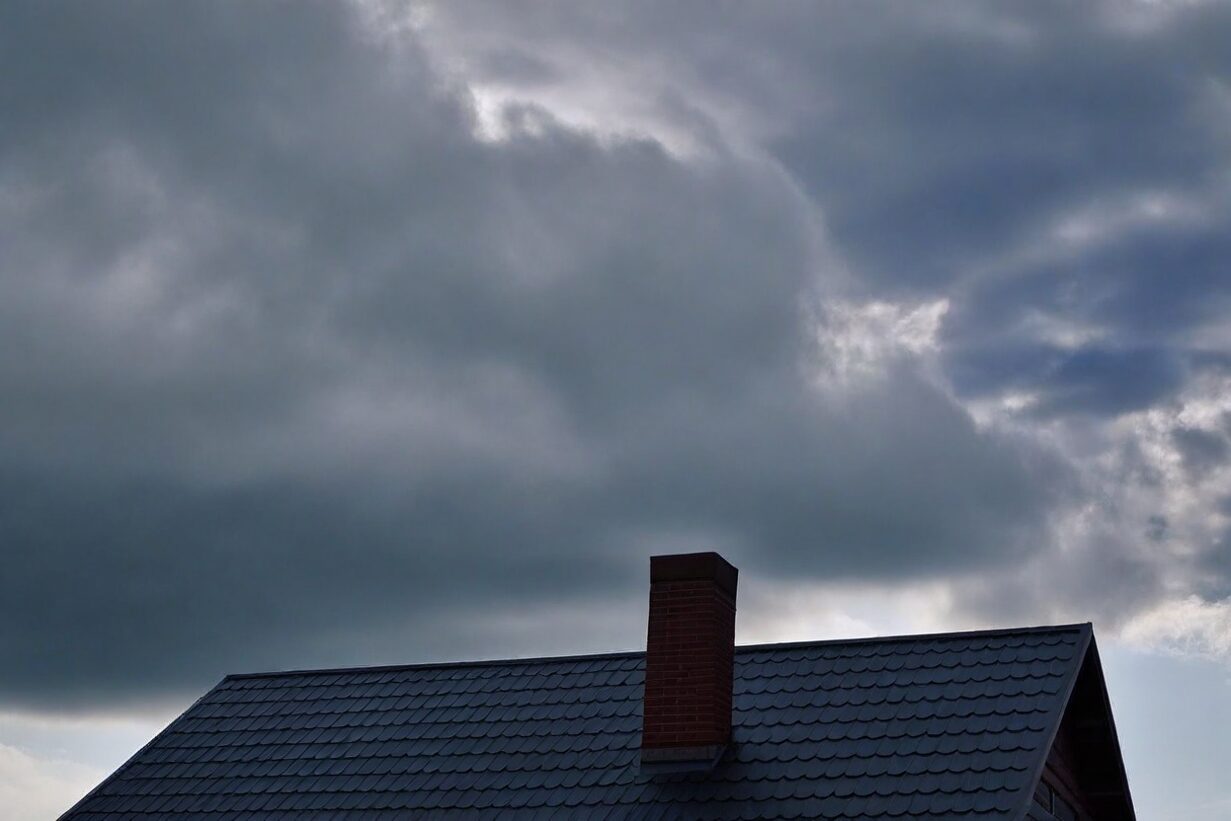After the Storm: How to Find Trusted Roofing Contractors
When the Storm Clears, the Real Work Begins
There’s nothing quite like the aftermath of a big storm. The wind howled through the night, the rain pounded against your windows, and your neighborhood is littered with broken branches, stray garbage cans, and maybe even a misplaced trampoline. But while you can recover most of these things, your roof isn’t as easy to fix.
If your home has taken a beating from hail damage, heavy rain, or high winds, the last thing you want to do is wait until a leaky roof becomes a major disaster. Unfortunately, many homeowners don’t realize they have roof damage for weeks—or even months—until stains appear on the ceiling or insulation collects moisture.
That’s why acting fast is crucial, but finding the right roofing contractor is just as important as fixing the damage itself. After extreme weather, storm-chasing contractors swarm affected areas, offering quick fixes that may leave homeowners with property damage, subpar work, and no warranty protection.
In this guide, we’ll show you how to identify roof damage, avoid untrustworthy roofing contractors, and find the quality roofing contractor your home deserves.

First Things First: Assessing the Damage
Assessing your roof’s condition before calling a roof repair contractor is essential. This doesn’t mean climbing onto your roof right after a storm—leave that to the professionals. Instead, conduct a visual inspection from the ground and inside your home.
Signs of Roof Damage After a Storm
✔ Missing or lifted shingles – Strong winds can tear shingles right off the roof or loosen them, leaving your home vulnerable to leaks.
✔ Granules in the gutters – If you notice an excessive amount of shingle granules in your gutters, it could mean your asphalt roofing is wearing down.
✔ Dents, cracks, or impact marks – If you spot bruised or damaged shingles, your roof may have sustained hail damage.
✔ Water stains on ceilings or walls – Even if your roof looks fine, interior water stains suggest a hidden leaky roof.
✔ Sagging or pooling water – Flat and low-slope roofs can accumulate water, leading to long-term structural issues.
✔ Debris or fallen tree limbs – Any debris on your roof should be carefully removed to inspect for hidden damage.
If you see any warning signs, schedule a professional roof inspection immediately. Professional roof inspectors have the experience, tools, and knowledge to identify damage that the untrained eye might miss.
Beware of Storm Chasers: Not All Roofers Are Created Equal
After a major storm, roofing companies seem to appear overnight, offering fast repairs at bargain prices. These “storm chasers” follow severe weather events, going from town to town to capitalize on desperate homeowners. While some may be legitimate contractors, many cut corners, disappear after the job is done, and leave homeowners with more issues than before.
Red Flags of Storm-Chasing Contractors
🚩 Unsolicited offers – Be cautious if a roofer knocks on your door shortly after a storm. Legitimate contractors don’t need to go door-to-door looking for work.
🚩 No local address or phone number – A family-owned and operated business will have an established presence in the community.
🚩 Lack of licensing or insurance – Always verify that your contractor is licensed with proper liability coverage and compensation insurance.
🚩 No references or online reviews – If you can’t find any 5-star reviews or a verifiable work history, walk away.
🚩 High-pressure sales tactics – A trustworthy roofing contractor will never rush you into signing a contract on the spot.
Instead of falling for these tactics, take the time to find a reputable, well-established roofing contractor in your area.
How to Find a Quality Roofing Contractor
Finding the right roofing contractor can mean the difference between a stress-free roof replacement and years of headaches. Follow these steps to ensure you’re hiring a quality roofing contractor to do the job right.
1. Verify Licensing, Insurance, and BBB Accreditation
A licensed contractor must meet local building regulations and adhere to applicable building codes and best practices. Always ask for proof of:
✔ Liability coverage – Protects homeowners if the contractor accidentally causes damage to the property.
✔ Compensation insurance – Ensures that workers are covered in case of an injury on your property.
✔ BBB Accredited status – Shows a track record of outstanding customer service and trustworthiness.
2. Read Online Reviews and Ask for References
Before signing a contract, look at online reviews on Google, Yelp, and the Better Business Bureau. A contractor with amazing reviews and a history of quality service is far more reliable than one with little or no online presence.
3. Get a Detailed Roof Estimate
A professional roof estimate should include:
✔ The cost of labor and materials
✔ Whether a roof replacement or roof repair is necessary
✔ A timeline for completion
✔ Details on roofing material warranties and a lifetime workmanship warranty
A contractor who refuses to provide a written contract is not someone you should trust.
The Roof Installation Process: What to Expect
Once you’ve chosen the right roof repair contractor, the next step is the roof installation process. A well-organized contractor will follow a structured plan to install your new roof correctly and efficiently.
1. Pre-Installation Inspection
A professional roof inspector will thoroughly assess whether your home needs a roof repair or a complete roof replacement.
2. Choosing Roofing Materials
Your contractor will help you select the right roofing materials based on durability, color selection, and budget. Whether you prefer asphalt shingles, asphalt roofing systems, or metal roofing, your choice will impact your home’s aesthetic and longevity.
3. Obtaining Necessary Permits
A reliable contractor will handle the paperwork for building permits, ensuring compliance with local regulations and applicable building codes.
4. Roof Installation
The roofing crews will remove old materials, install new layers, and ensure your roof is properly sealed to create a barrier to weather elements.
5. Final Inspection and Cleanup
Before wrapping up the project, your contractor should conduct a professional roof inspection to ensure quality work.
Protect Your Home, Choose Wisely
When extreme weather strikes, your roof is your home’s first defense. By hiring a professional roofing contractor with a strong reputation, proper credentials, and high-quality roofing services, you can ensure your home stays safe for years to come.
At Hammersmith Roofing & Construction, we specialize in expert roof installation, offer a lifetime workmanship warranty, and provide outstanding customer service. If your roof has suffered storm damage, don’t wait—schedule a professional roof inspection today.





